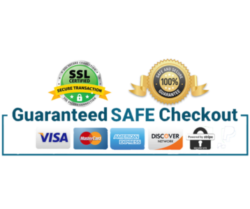S-corporations are the ones that despite having one owner is considered as a legally organized company comprising of director and president. By registering an election with the IRS, the corporation can enable itself as a taxed organization. It is also known as IRS Form 2253. Corporate debts are required to be paid by the owner of the company. S-corporations also offer various tax benefits. Income taxes are required to be paid by such organizations. It does not have to pay Medicare and social security taxes. Minimum yearly taxes are also expected to be paid.
Besides sole proprietors and S-Corporations, some other types of corporations are certified B Corporations and benefit corporations. With respect to performance, a minimum verified score on B Impact Assessment is required to be achieved by certified B corporations. From $70-$200 fees is required to be filed by benefit corporations. However, the $500-$50,000 annually is the fees of certified B corporations. Along with this, it also has to be certified according to 501C3. For attaining B Corp Certification, the legal structure of Benefit Corporation is one of the effective methods that can be used by organizations to meet the legal requirement. For example, Klean Kanteen, King Arthur Flour, Farmigo, and Kickstarter are those organizations that have fulfilled their legal requirements by adopting this method.
For a startup business, it is also necessary to consider regulations and rules of the federal government so that it can have its operations legally and acquire small business licenses. However, other local problems like lease considerations, building codes, and zoning ordinances must be considered by these small organizations while acquiring their licenses. The requirements of business licensing vary from state to state. However, unemployment insurance, license for selling different products, occupational licenses, tax registration, and state business license are different kinds of permits and licenses required typically by the state governments. However, the local issues and requirements comprise of certain legal documents such as environmental permits, building permits, health permits, zoning permits, and local business licenses.



